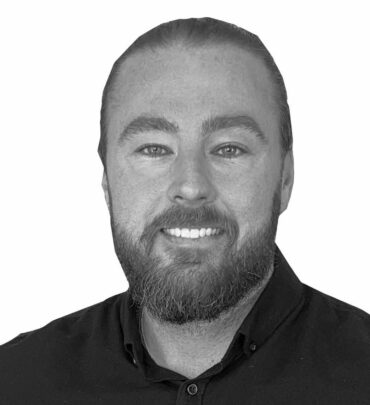Do you have PCOS?
Unfiltered sat down with Drew Baird, AKA The PCOS Mentor, to discover how a self-confessed gym bro become of social media’s most trusted and respected experts on Polycystic Ovary Syndrome, and what he rates as the best supplements for PCOS sufferers.
This transcript has been taken from our video interview with The PCOS Mentor. It has been edited for clarity and brevity. You can watch the full video interview here.
Has social media been a force for good in improving education around PCOS?
I don’t think we can say any one aspect of social media is 100% or 100% bad, but I would say for PCOS the social media impact has been a net positive effect.
When I started learning about PCOS back in 2004 and there was no Facebook. There was no Instagram. There was one lady doing a podcast – no Facebook pages, there were no Instagram pages. There was one lady who was doing a podcast, Amy Medling, who was interviewing doctors and was fantastic, but that was it. Finding information back then was very difficult.
If you have PCOS and you’ve been diagnosed by a doctor, it’s very likely that your doctor’s going to suggest you either lose weight or go on birth control. They might also suggest you take metformin, which is a diabetic drug. That’s it. Because, as we all know when we go to the doctor, there’s a waiting room filled with 50 people. The doctor doesn’t have time to sit there and spend four hours educating you about PCOS.
So there is a huge education gap, and that’s where I find social media has been wonderful to fill that gap. You know, I look around on social media and there’s my page, and there’s a 100 or 200 other pages from women with PCOS. Dietitian or influencers like me who are just educating those women with PCOS, which is wonderful.
But of course there is the other side of it and there is a lot of misinformation out there. There are people trying to sell products that are making crazy claims, so there is the dark side to social media. In terms of what I do, to fill that education gap, social media has been wonderful.
The Glucose Goddess recently claimed insulin sensitivity is something anyone can reverse through diet and supplements. What do you make of generalised statements like that, especially for women struggling with PCOS?
Yeah, that doesn’t take into account people with PCOS and other related conditions whose insulin response isn’t normal.
I did see another PCOS influencer, a dietician, call out the Glucose Goddess about that, saying that some people with PCOS have found genetics and genes that cause insulin resistance, outside of diet alone,
So obviously in PCOS, there is a genetic predisposition. And I don’t agree with sweeping statements like that.
Look, the Glucose Goddess has a huge following and we are all humans and don’t get it right all the time. I look at back on some of my posts and don’t believe what I said anymore because now I know more or have more information.
I think any content creator out there does have a responsibility to to try and give the most accurate information possible. Is every content creator going to that? Obviously not. Everyone has a phone. Everyone is a content creator these days.
So it’s also down to us as the end-user to try and filter out who we can trust and who we can’t. And of course, we’re never ever going to get it right because we don’t know people’s true intentions, but we still have to try and filter our those we believe and those who we don’t believe.
Listen to our full audio-only podcast interview with The PCOS Mentor Drew Baird on Spotify





